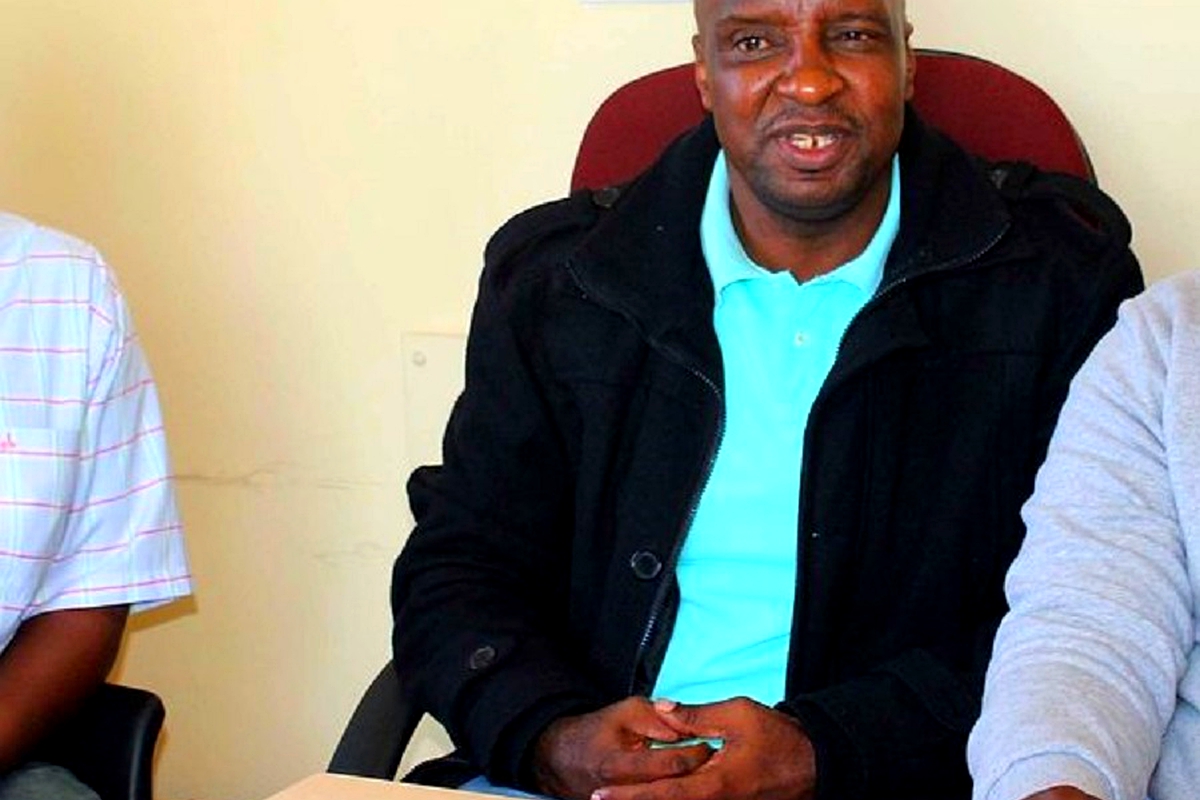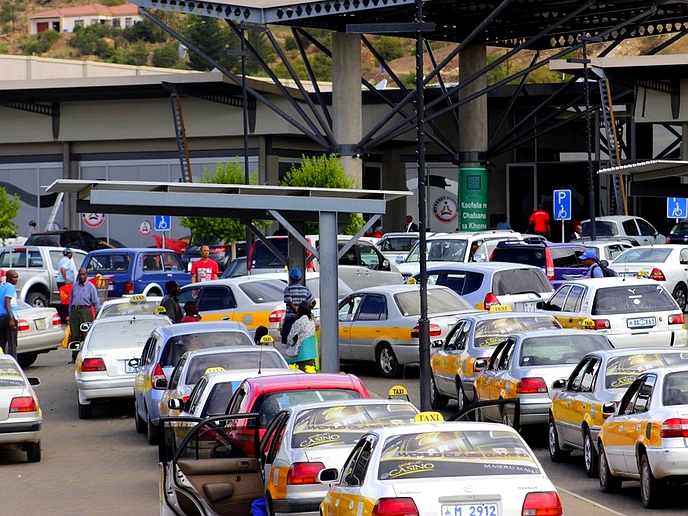PUBLIC transport operators demand a 30 percent increase in taxi fares, threatening to take to the streets if government fails to implement the new charges by April 1.
business
March 18, 2022
NEO SENOKO
2 min read
Taxis demand 30 percent fare increase

Chairman of Lesotho Taxi Operators Association, Mokete Jonase
Story highlights
On Tuesday, public transport operators from across the country said government had failed to increase taxi fares on an annual basis.
The operators argue they have to push for this massive increase as surging fuel prices have increased the cost of running the commuter taxi business.
Also, operators said government had failed dismally to deal with some of their outstanding grievances. These include outstanding agreements dating back to 2012 but were only signed in 2015.
They are also worried about the lack of a relief fund to bail out the taxi industry following the COVID-19 pandemic.
Chairman of the Lesotho Taxi Operators Association, Mokete Jonase said representatives of the industry had since taken these matters to the Minister of Transport. He transferred them to his Principal Secretary, who then formed committees that were charged to deal with these issues.
“But to date nothing has happened,” Mr Jonase said. “No one is saying anything about increasing the taxi fares anymore despite promises that fares will be gradually increased every year. So, we certainly have to take action.”
In their letter this week, the operators argued that the Ministry of Transport had failed to hold talks to address all of their grievances, hence the decision to take further action.
Within seven days, Mr Jonase said they demanded answers to all the concerns outlined in the letter dated March 10.
“Otherwise we are going on strike,” he said. “In the coming weeks, we will announce the dates of our strike which will affect all operators across the country.”
Maseru came to a standstill in March last year following protests by taxi operators complaining about the same issues.
They also complained about the unending competition from unregistered pirate taxis, which they claimed were forcing them out of business.
Subsequently, taxi fares were slightly adjusted by 50 lisente with the expectation that there would be a further increase by the end of the year.
However, it is envisaged that poor economic conditions, mainly due to the COVID-19 pandemic, may force the government to dismiss the operators’ demands.
Enjoy our daily newsletter from today
Access exclusive newsletters, along with previews of new media releases.
An increase in taxi fares is likely to result in more protests in other sectors given that wages, particularly in the textile sector, still remain the same.
More than 10 people were injured in May last year after police opened fire on textile workers who were protesting for more pay in Maseru.
Trade union officials claimed that live rounds of ammunition were fired at the protesters as well as rubber bullets, injuring 12 people including two children.
Eight of the injured were admitted at the Queen ’Mamohato Memorial Hospital (QMMH) after the shootings near the textile factories at the Thetsane industrial area.
Tailored for you






